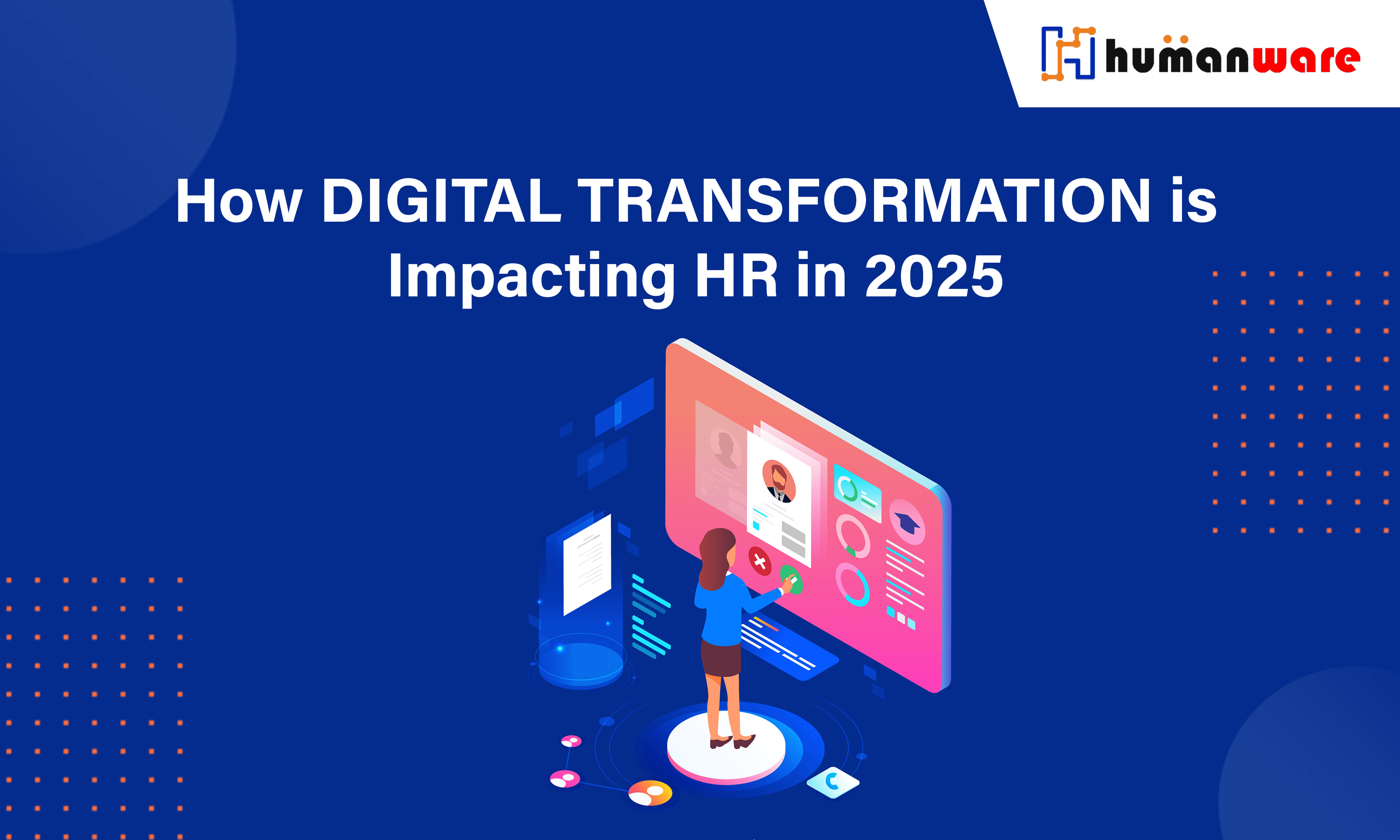
How Digital Transformation is Impacting HR in 2025
Digital transformation has become a driving force in the evolution of organizations around the world, and in 2025 its impact on human resources (HR) will be greater than ever. As companies adapt to the rapidly changing technological landscape, HR departments are at the forefront of this transformation, leveraging advanced tools and strategies to manage talent, improve the employee experience and promote organizational success. In this blog, we analyze how digital transformation will transform HR practices in 2025, highlighting key trends, challenges and opportunities.
Artificial Intelligence in HR
Artificial intelligence (AI) continues to revolutionize talent acquisition by automating repetitive tasks and improving decision-making. By 2025, AI-powered applicant tracking systems (ATS) will become more sophisticated, enabling HR professionals to identify top candidates and chatbots to conduct initial interviews, saving time and enabling HR teams to focus on strategic initiatives. AI-powered predictive analytics tools enable HR departments to predict workforce needs, identify skill gaps, and predict employee turnover. By leveraging historical data and trends, HR can develop proactive strategies to ensure organizational resilience.
Employee Experience
Today, HRISs often provide personalized experiences throughout the employee lifecycle. With data-driven insights, HR teams can create personalized onboarding processes, career development plans and wellness programs tailored to individual needs. The widespread adoption of remote and hybrid working has changed workplace dynamics. By 2025, digital platforms such as virtual collaboration tools, learning management systems and AI-powered performance management solutions will enable HR departments to effectively monitor employee productivity, promote collaboration and engagement across distributed teams, and support employee well-being. through virtual wellness initiatives.
Upskilling for the Future
Organizations promote a culture of continuous learning by encouraging employees to engage in lifelong learning. HR departments are integrating learning opportunities into everyday workflows, using artificial intelligence to recommend appropriate courses and resources. Digital transformation requires a workforce with advanced digital skills. HR departments play a key role in identifying emerging skills needs, developing upskilling and reskilling programs, and leveraging e-learning platforms and virtual training sessions.
The Future of Work
Evolution of the roles of HR specialists, HR specialists are no longer simple administrators; they are strategic partners who drive the organization's development. Her roles include supporting digital innovation, building a resilient workforce and shaping the future of work. Emerging technologies such as blockchain, virtual reality and quantum computing continue to shape HR practices. For example, Blockchain ensures security and transparency of employee credentials. Virtual reality enhances immersive training experiences.
Conclusion
Digital transformation is redefining HR in 2025, providing unprecedented opportunities to increase efficiency, engagement and innovation. By using advanced technologies and a data-driven approach, HR departments are better equipped to handle the complexities of today's workforce. As organizations navigate this dynamic landscape, HR's role as a strategic partner becomes increasingly important, ensuring that technology and human capabilities work together to achieve success.